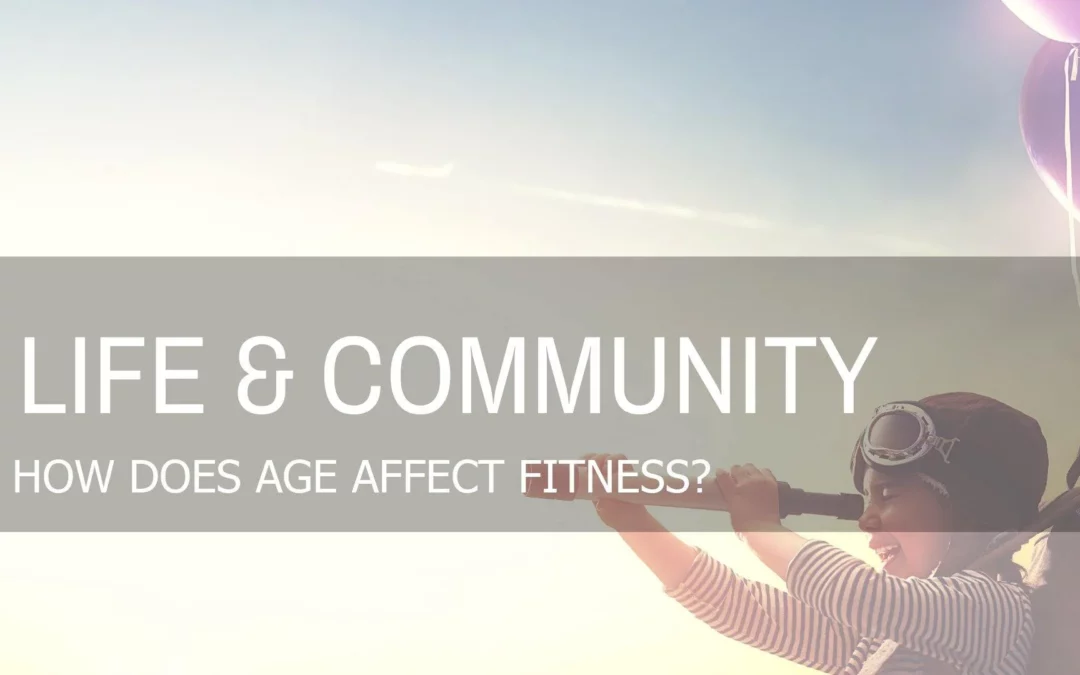How does your fitness decline with age – and what can you do about it?
As time inexorably passes, no one can turn back the clock on their lives. Getting older is part of living.
The good news? Ageing doesn’t need to derail your fitness goals.
In the article to follow, we’ll unpack a few universal truths and with luck, encourage you on your way.
First thing’s first – our bodies naturally diminish over time
Past 30 years old, men lose about 1 percent of their testosterone every year. Because testosterone is the hormone that accounts for muscle growth, decreasing levels can impact performance.
From about the age of 55 onwards, a man will notice his strength levels have drastically reduced. That said, a good diet can help. Eat tuna, egg yolks, shellfish and high-quality beef, alongside black beans – these are all excellent testosterone-boosting foods.
For women, the onset of menopause has the reverse effect. As estrogen levels drop, testosterone might actually increase in the body. Nonetheless, athletic performance in women will also decrease because bones become more brittle, elasticity in tendons and ligaments wears away, and heart lung capacity reduces.
Limit alcohol intake
Everyone has a different rate of decline and there’s no magic cure, but one thing you can do is limit alcohol intake. Any time you wake with a hangover, your body is effectively telling you that it is dehydrated. Muscles can’t repair themselves effectively, and sleep is badly impacted. If you’re stiff and sore in the morning after a gym session, cut out all alcohol and monitor the results.
It’s never too late to start exercising
Countless stories abound of men and women in their 50s and 60s embracing exercise for the first time and becoming the fittest version of themselves. Yes, fitter than they were 20 years previously. A great way to start? Hop on the bike. While running is a high impact sport that can take a toll on your body, cycling is relatively low impact and a wonderful way of making your heart work. Once you’ve built your fitness levels, try your hand at running. If Fauja Singh can do 10km at 100 years of age, there’s no reason we all can’t get a little fitter.
Do weight training – no matter your age
Lifting weights isn’t solely reserved for muscled bodybuilders. Nope, we should all be doing more of it.
Any time you add resistance and tax your muscles, you’re creating a cycle of vasodilation, in which our veins and arteries increase in diameter, promoting blood flow. This helps to lower heart and blood pressure levels.
What’s more, working our muscles ramps up our metabolism, and we continue to reap the benefits an hour after our workout.
Mix up your workouts
As we age, we not only lose strength, we get stuck in our ways. We typically have an exercise we like and a slew of exercises we avoid. But the goal is to shock the body into promoting adaptation. Keep chopping and changing your routine for the best results.
In the end, what matters most is the will to improve. A good mindset is so important. Keep your expectations in check but remember this: your potential to grow and improve is likely a great deal higher than you think, no matter your age.



